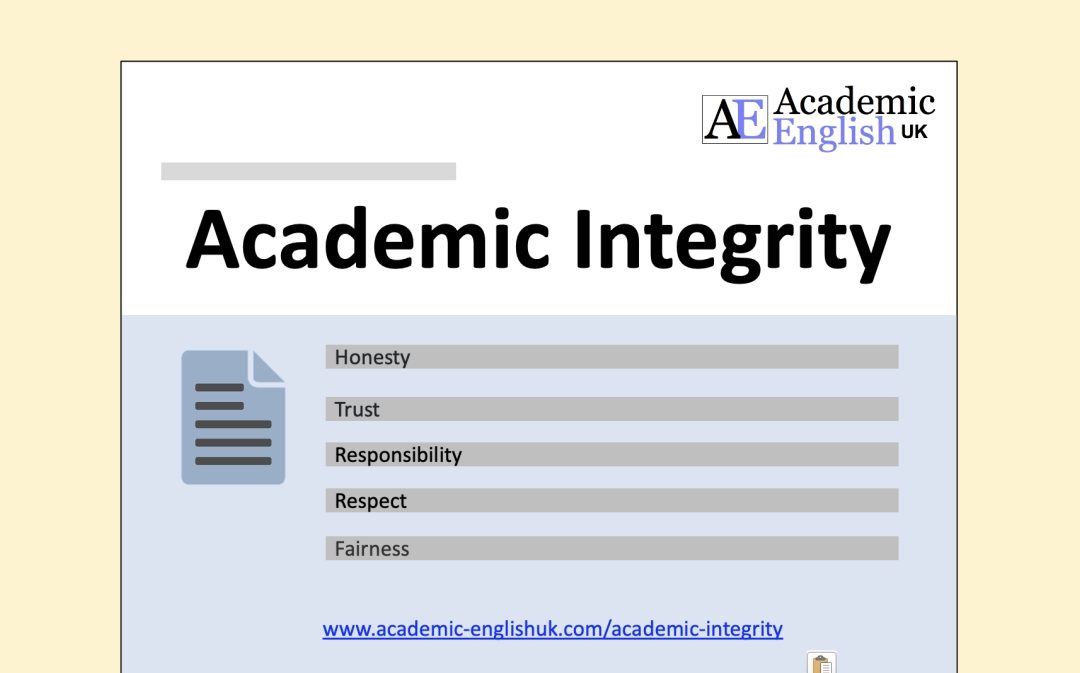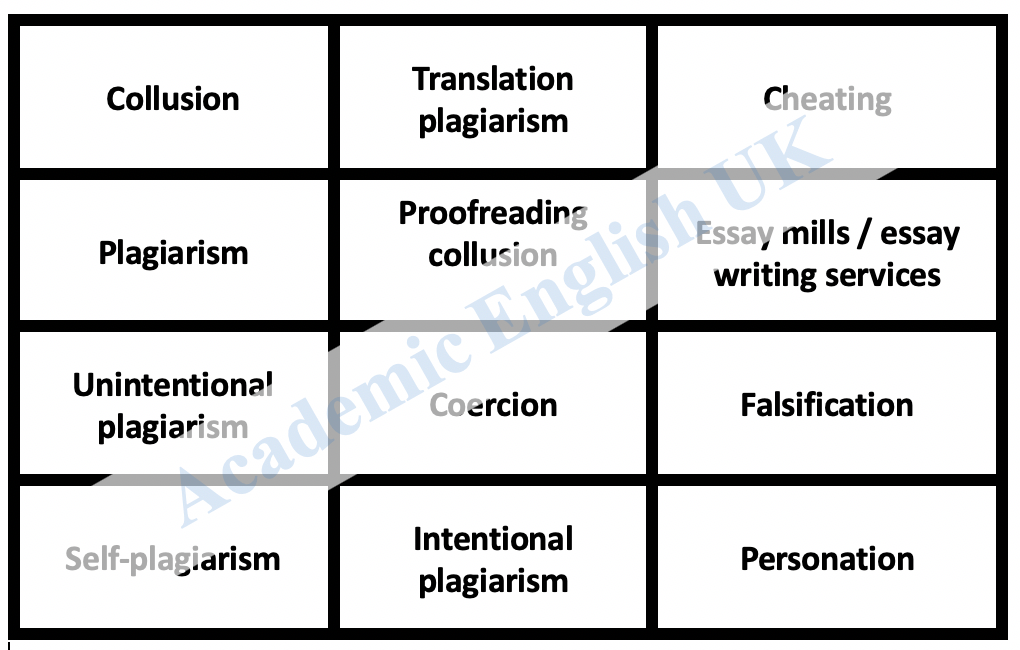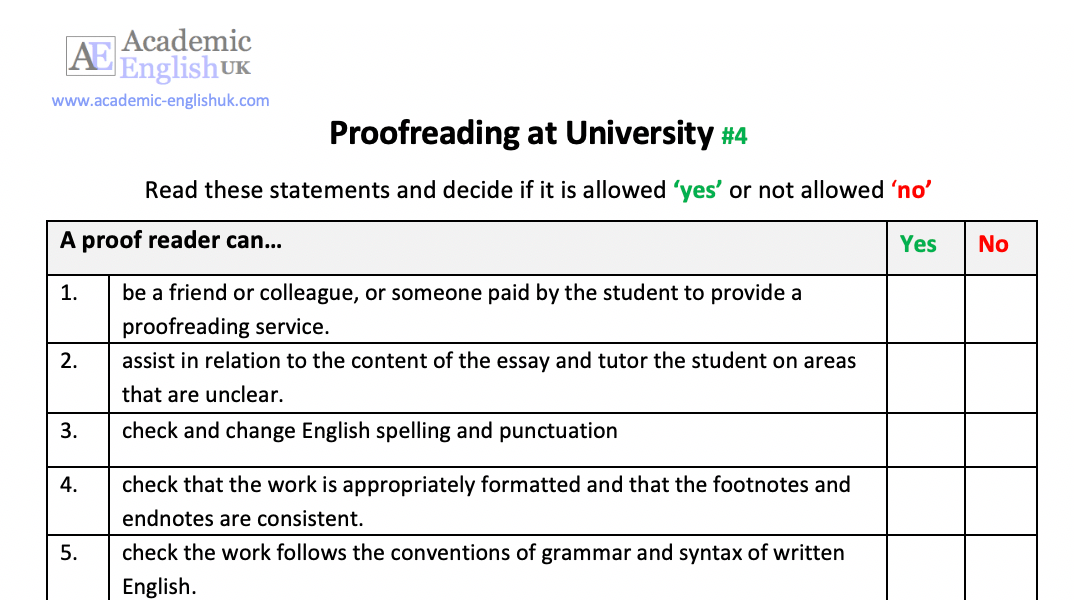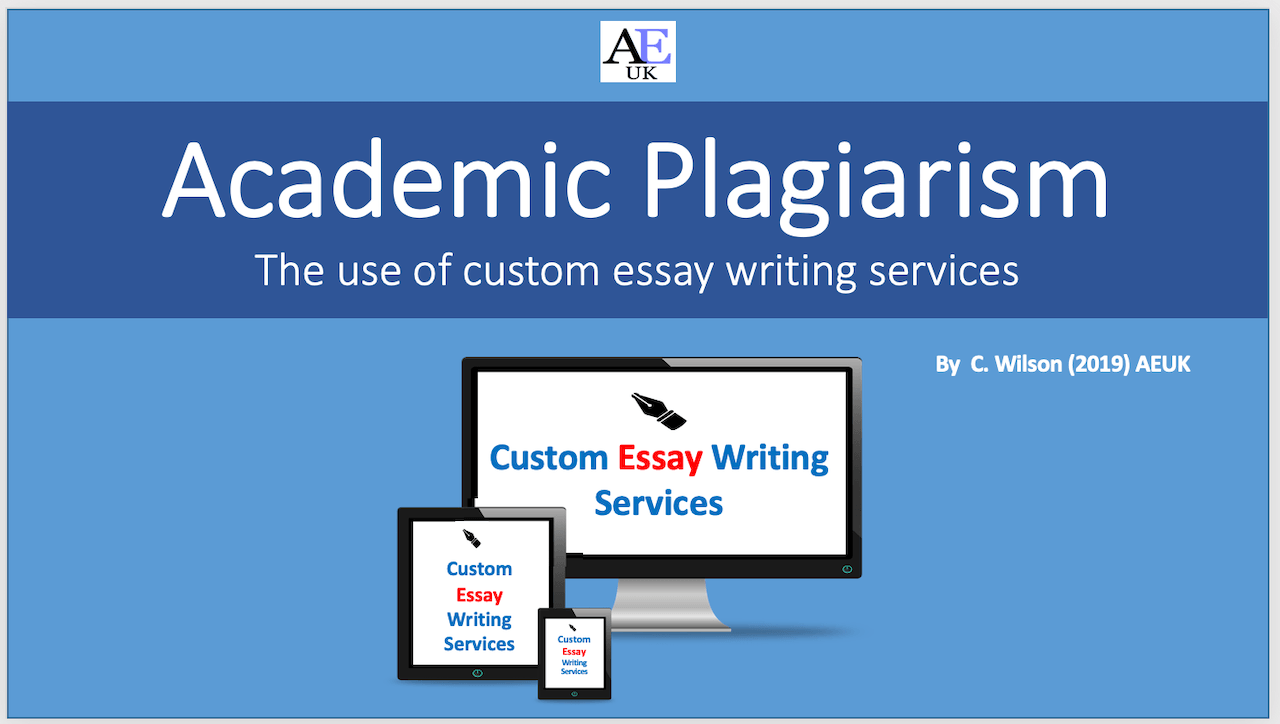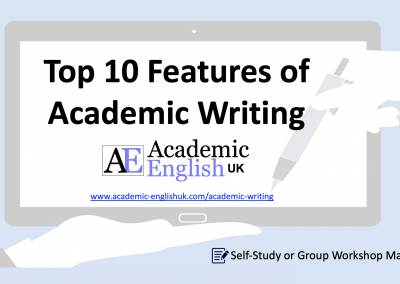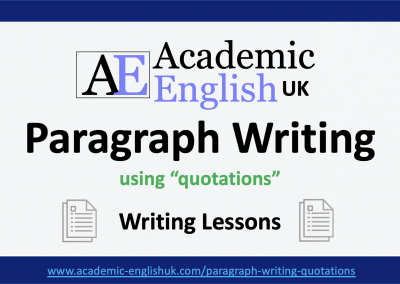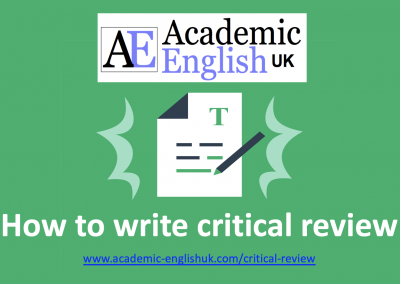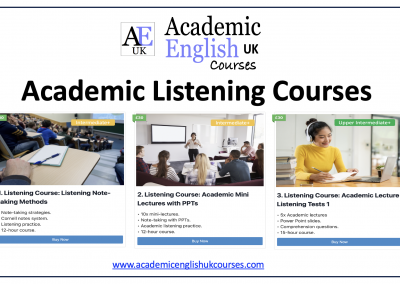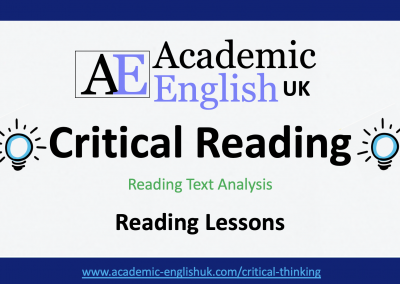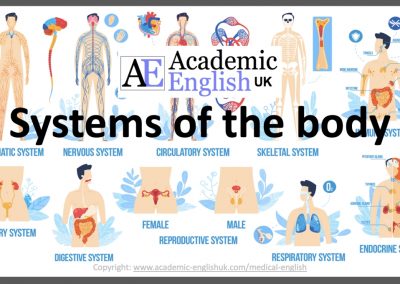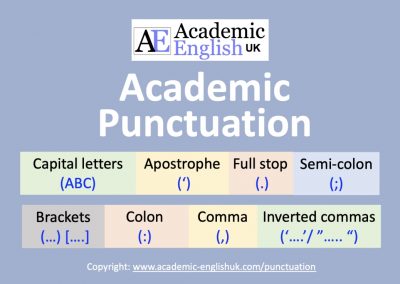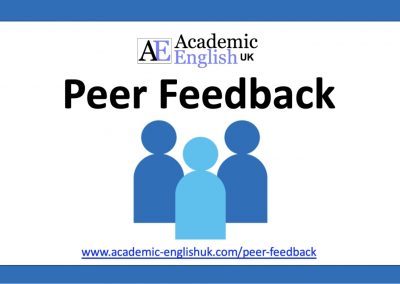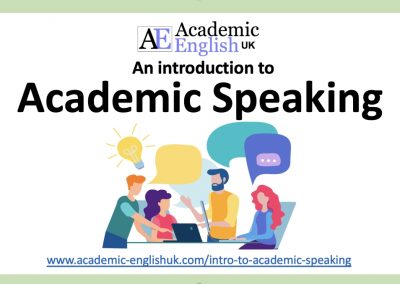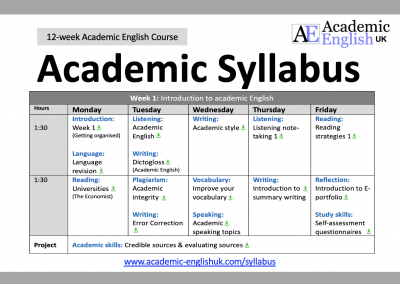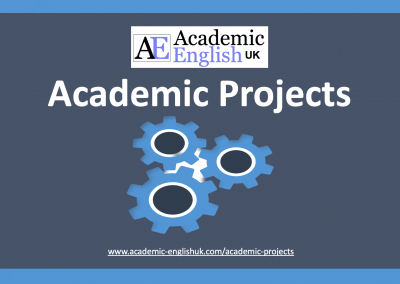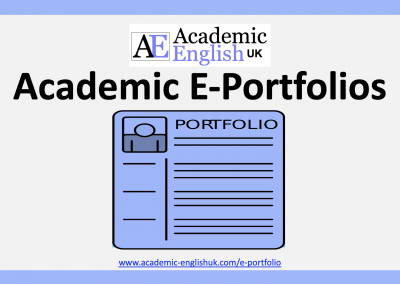Academic Integrity
What is academic integrity?
When considering academic integrity, the discussion tends to revolve around cheating, plagiarism, dishonesty, fraud, and other academic malpractice and how best to prevent these behaviours. A more productive approach entails a focus on promoting the positive values of honesty, trust, fairness, respect, responsibility, and courage as the intrinsically motivated drivers for ethical academic practice. (International Center for Academic Integrity, 2019).
Plagiarism is submitting someone else’s work, ideas, or words as your own, irrespective of your intent to deceive. This means that even unintentional plagiarism through poor note-taking or inattentive referencing may be penalised. Understanding what plagiarism is, and learning techniques to avoid it, is an essential part of your academic training. (Cambridge University, 2019)
Academic honesty (Integrity) means always giving full credit for any other people’s contributions to our own achievements (i.e. by full and correct referencing) and never falsifying the results of any research. Academic honesty is fundamental to the values promoted by the University and no student should be allowed to obtain for themselves, or for someone else, an unfair advantage as a result of academic dishonesty, whether this is by plagiarism, collusion with another, cheating, or other means. (Exeter University, 2019)
You practise academic integrity in your academic writing by working with the five values in mind, and particularly by using correct and accurate referencing. This shows that you can: be accurate in transcribing details; be honest about which ideas were derived from others; act fairly by not taking credit for others’ work; take responsibility by finding out what is required of you and how you should carry it out; and show respect for others by acknowledging the part they have played in building your knowledge and understanding. (Reading University, 2019)
Academic misconduct is any type of cheating that occurs in relation to a formal academic exercise. The University takes all reported incidences of academic misconduct seriously and seeks to ensure that they are dealt with efficiently and appropriately. Examples are plagiarism, collusion, falsification, cheating, deceit, personation. (Edinburgh University, 2019)
The lesson
This is a speaking lesson that involves defining ‘academic integrity’, looking at how other universities address academic integrity, and understanding some of the key principles associated with the term. The lesson is designed to promote the positive values of honesty, trust, respect, responsibility and fairness within the academic community.
Academic Misconduct: Kinaesthetic Activity.
One part of the download lesson includes using these cards for students to discuss what it is and give appropriate examples. This is then followed up with a writing activity to define these terms.
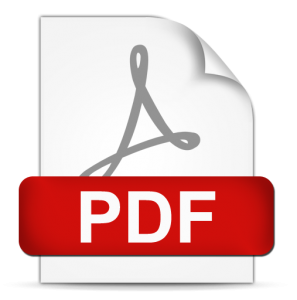 Academic Integrity – Discussion Lesson
Academic Integrity – Discussion Lesson
This is a great speaking lesson on the values and principles of academic integrity. It begins with defining ‘academic integrity’, followed by a kinaesthetic speaking activity on the key terms of academic misconduct and finishes with a yes/no questionnaire on professional proofreading (see example). Level ***** [B2/C1] / TEACHER MEMBERSHIP / INSTITUTIONAL MEMBERSHIP
Advertisement
Plagiarism lesson – webpage link
This lesson explores how academic plagiarism has changed over the last few years with students using custom essay writing services. These companies will write essays for university students for a fee and the students are handing them in as their own work. This is known as ‘contract cheating’ and is incredibility difficult to control especially when these writing websites are legal and universities seem to be burying their heads in the sand over it.
Dictogloss: What is plagiarism?
This is a nice way to begin this lesson through asking students what they know about academic plagiarism at university. This is then followed by a dictagloss activity where learners are required to construct a short text (3 sentences) by listening and taking notes. In small groups they try to reconstruct the text. There are many key skills used in this type of lesson; listening, note-taking, communication with other students, grammar and vocabulary development.
 Dictogloss: Academic plagiarism
Dictogloss: Academic plagiarism
A definition of plagiarism, the different forms of plagiarism and custom essay writing services. Key language areas: gerunds (ing forms) / plagiarism terminology. Example / more dictogloss lessons / Level: ***** [B1/B2/C1] / TEACHER MEMBERSHIP / INSTITUTIONAL MEMBERSHIP
More information on Dictogloss lessons: go here
 Academic Plagiarism- Lecture Listening Lesson
Academic Plagiarism- Lecture Listening Lesson
This lecture focuses on academic plagiarism, what are custom essay writing services and the associated problems and solutions. It includes a video, test questions, tapescript and PPT (see example). Level ***** [B2/C1] / Power Point / Video [12.00] /
TEACHER MEMBERSHIP / INSTITUTIONAL MEMBERSHIP
 Reading Test: Academic Plagiarism – the use of custom essay writing services / writing mills
Reading Test: Academic Plagiarism – the use of custom essay writing services / writing mills
The text discusses what is academic plagiarism, what are custom essay writing services and why university students use them. It highlights the key problems associated with using these sites and offers possible solutions to prevent students using them. The reading test worksheet tests headings, T/F/NG, short answers, summaries and vocabulary (see Example) Level ***** [B2/C1] TEACHER MEMBERSHIP / INSTITUTIONAL MEMBERSHIP
Academic Plagiarism: Summary Reading & Writing Lesson
The text discusses what is academic plagiarism, what are custom essay writing services (writing mills) and why university students use them. It highlights the key problems associated with using these sites and offers possible solutions to prevent students using them. Students take notes on key idea and write a summary of 200-250 words. The lesson includes a critical thinking worksheet too. Example. Level ***** [B2/C1] TEACHER MEMBERSHIP / INSTITUTIONAL MEMBERSHIP
x

